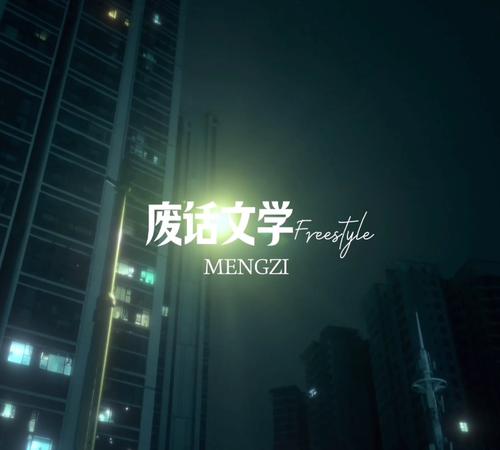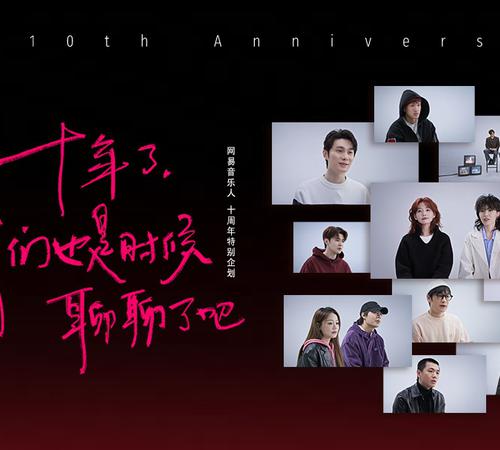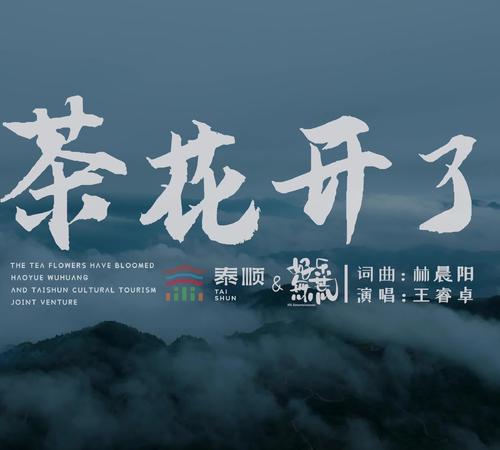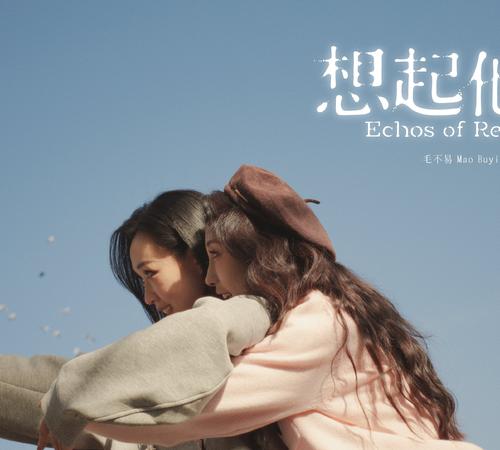![[DJ节目]一席英语-ASeat的DJ节目 第381期](https://p1.music.126.net/GiPb73xEcdJ1xlW5tTkvHw==/109951163954961074.jpg?param=200y200)
中国春节,申遗成功!中国年,世界年!(一席英语-ASeat)
♬ 主播:Wendi(中国)+Erin(美国) ♬ 歌曲: Imagine 01. 中国“春节”申遗成功了! China’s Spring Festival has officially been inscribed on UNESCO’s Intangible Cultural Heritage of Humanity list. 中国春节已被正式列入联合国教科文组织人类非物质文化遗产名录。 This announcement was made on December 4, 2024, during the 19th session of UNESCO’s Intergovernmental Committee in Asunción, Paraguay. Spring Festival is now globally recognized (被全球公认) as a cultural treasure (文化宝藏), and it’s the 44th Chinese item to be listed, putting China in first place (第一) worldwide for the number of heritage items (遗产项目). The term “intangible cultural heritage” (非物质文化遗产) in English refers to traditions, practices, and expressions passed down through generations (代代相传). The word intangible (无形的) means “not physical” or “not material”, and its opposite is tangible (有形的、可触摸的), like in “tangible assets (有形资产)”. The news is making waves. 消息一出立刻引起轰动。 For example, Global Times《环球时报》 ran the headline: "China's Spring Festival inscribed as UNESCO Intangible Cultural Heritage of Humanity." 《环球时报》的标题运用了inscribe这个词,这个词让人感觉“春节”不仅是被列入了非遗名单,还有一种被刻在了人类文明的史册中的隆重感。That’s a powerful title. And it’s not just about the celebration—it’s about the deep cultural and historical significance behind it. 申遗成功的Spring Festival不仅仅是这个节日本身,还包括它背后深刻的文化和历史意义,比如它所涵盖的很多习俗和民族文化。 02. “春节”申遗成功对中国以及全球意味深远 A lot of people in the world are no strangers to the Spring Festival. It is the culture and customs behind that truly matters and perhaps can now be better understood by more people abroad (其背后的文化和习俗现在被更多的海外人更好地理解). It’s a recognition (认可) of the rich cultural and historical value (丰富的文化价值和历史价值) of Spring Festival. As Professor Xiao Fang(萧放) from Beijing Normal University (北京师范大学) explained, Spring Festival is a time of emotional connection (情感连接), honoring ancestors (纪念祖先), and celebrating the renewal of time (庆祝万象更新). It reflects family, social, and natural ethics—all tied together in one grand festival (它反映的是家庭、社会和自然伦理都在这个盛大的节日联结在一起). 萧教授强调,it’s a festival of peace and harmony (这是一个和平、祥和的节日)。It’s not just about personal joy but also about sharing values with the world (向世界传递和平、祥和的价值观). Because some of these values, like the connection of family, are naturally and universally shared by humans. With globalization (全球化), Spring Festival is becoming even more influential (更有影响力). Over one-fifth of the world’s population celebrates Lunar New Year in some form (世界上有超过五分之一的人会庆祝春节). 03. 中国和美国过新年有什么不同? 在中国,春节几乎都是关于family reunions (家人团聚), festive meals, and traditions like red envelopes (红包), fireworks, and temple fairs (庙会). It’s a time to honor the past and welcome the future (是一个辞旧迎新的时刻). 在这个时候,all your families come back, and everything and everyone slow down (慢下来) to just enjoy the pure happiness (纯粹的幸福)。 而在美国,New Year is more about partying and making resolutions (制定新年决心). People gather in Times Square (时代广场) or watch fireworks, but it’s not as family-oriented (以家庭为中心的) as Spring Festival. 美国的新年的概念一般是指元旦。Christmas is more comparable to the Spring Festival (圣诞节更像是春节), because it’s also a mark of time and values the reunion of family. 一些美国人庆祝春节更多的会eat dumplings, make paper lanterns(做纸灯笼), or watch dragon dances(看舞龙)。Erin上的一些课程would have all the students participate in paper cutting(会让所有的学生都参加剪纸活动)。 Erin在美国生活已经很多年了,对她来说,celebrating the Spring Festival overseas always feels like connecting both of her cultures(在海外庆祝春节总是感觉像是在连接她的两种文化). 04. 为什么文化遗产在全球化的时代很重要? When a tradition becomes part of UNESCO’s Intangible Cultural Heritage of Humanity list, it’s not just a title. It’s a call to protect and celebrate these practices as treasures that belong to all humankind. Take yoga from India (印度的瑜伽) or flamenco from Spain (西班牙的弗拉明戈舞)—both are vibrant (充满生机的) traditions that have been passed down through generations. When they were recognized by UNESCO, it not only boosted pride in their countries of origin (增强了对自己国家和地区的自豪感) but also encouraged people worldwide to engage with and appreciate them (尝试并欣赏它们). It’s a reminder (提醒) that globalization doesn’t mean cultural absorption (全球化并不意味着文化的同化). Instead, it gives us the chance to share, learn from, and preserve unique traditions (保留独特的传统). Spring Festival is a perfect example—it started as a deeply Chinese tradition but has now become a global celebration. It’s also a reminder that traditions can evolve (传统也可以“进化”). For instance, in the U.S., Erin has seen Spring Festival celebrated with fusion (融合) events—like Chinese New Year parades featuring samba dancers in Brazil (在巴西有桑巴舞主题的新年游行) or dim sum-inspired pop-ups in London (在伦敦有以广东早茶为主题的快闪店). dim sum 粤式点心 pop-ups 快闪店/餐厅 At the same time, recognition (对文化的认同) like this helps us remember to protect these traditions in their original forms (以原本的形式). It’s easy to lose cultural roots(丢掉文化的根) when adapting to modern lifestyles (适应现代生活方式). That’s where initiatives like UNESCO’s list play a crucial role (关键作用)—they encourage us to preserve traditions in their authentic, unaltered states (在它们正宗的,不被改变的状态下) while still sharing them with the world. And as we mentioned earlier, there are now 44 Chinese practices on UNESCO’s list. It’s not just about celebrating the Spring Festival—it’s about embracing a shared responsibility (承担共同的责任) to protect the diversity and richness of human culture (人类文化的多样性和丰富性). Whether it’s storytelling, festivals, music, or food, each tradition has a story to tell. And every time we celebrate, participate, or even just learn about a tradition, we help keep that story alive for future generations (让这个故事带有生命力地留给子孙后代). 请留言告诉我们: What traditions from your culture do you cherish? Are there any you’d love to see recognized or preserved on a global scale? 你的文化中有哪些传统是你所珍视的?有哪些是你想让全球认可或保留的吗?











